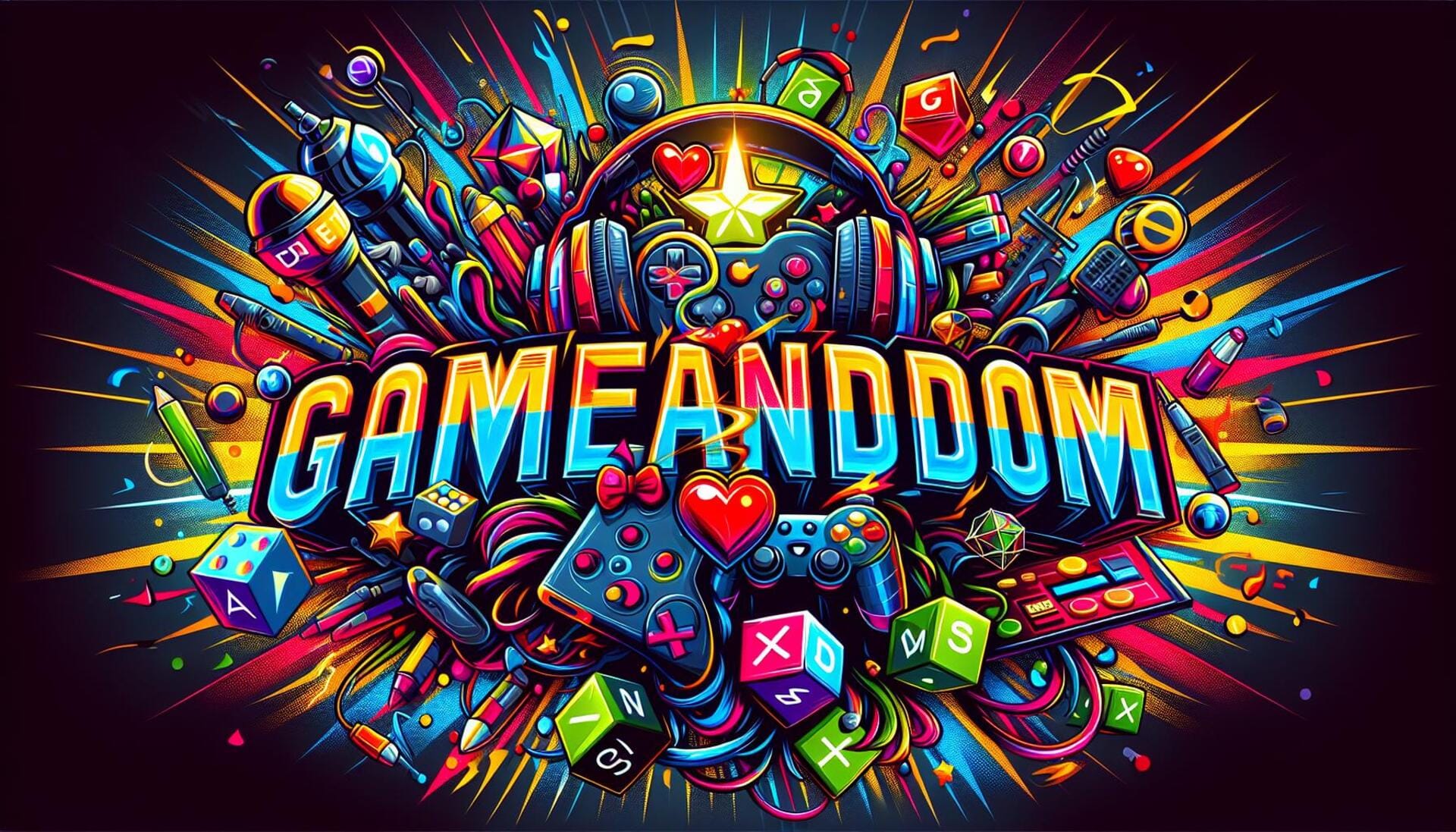
The importance of meaningful in-game progression for player retention
The Importance of Meaningful In-Game Progression for Player Retention
In the rapidly evolving world of gaming, retaining players is just as crucial as attracting them. One of the most effective ways to enhance player retention is through meaningful in-game progression. This concept goes beyond just leveling up; it encompasses a player’s journey, their achievements, and how these elements provide a fulfilling experience.
Understanding Meaningful In-Game Progression
Meaningful in-game progression refers to systems within games that allow players to experience a sense of growth, achievement, and reward. This involves:
- Unlocking new abilities
- Accessing content that was previously unavailable
- Acquiring items that enhance gameplay
- Flexibility in character or player development
When players feel that their time and effort are rewarded, they are more likely to continue returning to the game. This article delves deep into why meaningful progression is essential and how developers can implement such systems to boost player retention.
The Role of Meaningful Progression in Player Retention
Player retention is a game developer’s Holy Grail. Meaningful progression plays a crucial role in this by:
- Enhancing Engagement: When players see tangible results from their actions, they are more engaged in the game.
- Fostering a Sense of Accomplishment: Meaningful progression offers players a clear pathway to feel successful and accomplished, making them more likely to stick around.
- Building Emotional Connections: Games that offer deep narrative elements combined with progression allow players to form bonds with characters and worlds.
- Encouraging Community Participation: Players enjoy sharing tips and experiences related to their progression, fostering a community atmosphere that encourages continued play.
Benefits of Meaningful In-Game Progression
1. Increased Player Satisfaction
When players progress through levels or unlock new content, they experience satisfaction that keeps them playing. A well-structured leveling system ensures that players are rewarded at consistent intervals.
2. Reduced Churn Rate
Games that reward players meaningfully are less likely to see a high churn rate, or the loss of players shortly after they start. Implementing progression mechanics can significantly reduce this risk.
3. Enhanced Player Lifetime Value (LTV)
Meaningful progression can increase the lifetime value of a player, as they are likely to spend more time—and money—on a game they enjoy and find rewarding.
4. Improved Game Longevity
When players are invested in their progression, they contribute not only to their personal experience but also to the game’s longevity through active participation and feedback.
Practical Tips for Implementing Meaningful In-Game Progression
Developers looking to enhance player retention through meaningful progression should consider the following tips:
- Create Tiered Progression Paths: Allow players to choose their own progression path through skill trees or branching storylines.
- Incorporate Milestones and Achievements: Introduce short-term and long-term goals that players can strive to achieve, providing rewards for each.
- Use Visual Feedback: Visual cues such as unlocking a new area or gaining a new ability can enhance the feeling of accomplishment.
- Balance Challenge and Reward: Ensure that challenges are achievable yet difficult enough to provide a sense of fulfillment when completed.
Case Studies: Games with Meaningful Progression
Numerous games have successfully implemented meaningful progression systems. Here are a couple of notable examples:
| Game Title | Progression System | Player Retention Impact |
|---|---|---|
| World of Warcraft | Leveling with rich lore and skill trees | High retention due to deep character investment |
| Fortnite | Seasonal Battle Passes with exclusive rewards | Continually refreshed engagement and community interaction |
First-Hand Experience: Personal Reflections
As a gamer, I can attest to the importance of meaningful progression. In games like Dark Souls, every death and the challenge of defeating a boss provides a reward that goes beyond experience points; it’s about mastering the game itself. The thrill of finally defeating a boss after several attempts is an unparalleled emotional experience.
Alternatively, in mobile games, I have found that titles integrating daily rewards tied to a progression system keep me coming back for more. It’s these small, calculated rewards that can enrich my gaming experience, making me feel invested in the game.
Conclusion
Meaningful in-game progression is vital for player retention. It enhances engagement, fosters emotional connections, and builds a thriving community. By implementing effective progression systems, game developers can not only keep players invested but also create a more rewarding gaming experience.
As the gaming landscape continues to evolve, those who recognize the importance of meaningful progression will be at the forefront of creating immersive experiences that keep players returning for more. Ensure your game offers the kind of progression that players find rewarding, and watch as your player retention figures flourish!




